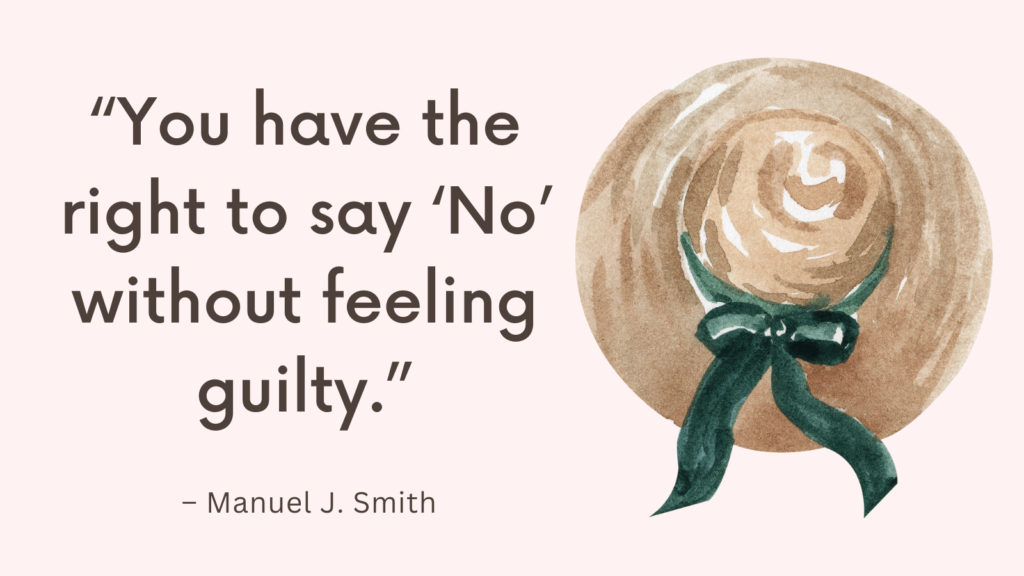This post contains top signs a narcissist wants your attention as well as helpful tips to deal with it.
10 Signs a Narcissist Wants Your Attention
Here are some signs that a narcissist may exhibit when seeking attention:
1. Grandiose behavior
Narcissists often engage in grandiose behaviors and exaggerated self-promotion to draw attention.
They may talk excessively about their achievements, talents, or possessions, seeking admiration and validation from others.
2. Constant need for validation
Narcissists have an insatiable need for validation and attention.
They constantly seek praise, compliments, and reassurance from others to boost their fragile ego.
They may fish for compliments by subtly or overtly highlighting their achievements or appearance.
Related: Ignoring Someone With Histrionic Personality Disorder: How Does It Affect Them?
3. Attention-seeking behaviors
Narcissists may engage in attention-seeking behaviors to ensure they remain the center of attention.
This can include talking over others, dominating conversations, interrupting, or hogging the limelight during group activities or social events.
4. Exaggerated stories
Narcissists tend to exaggerate their experiences, skills, and successes to captivate the attention of others.
They may embellish stories or fabricate events to make themselves appear more impressive or interesting.
5. Disregard for boundaries
Narcissists often disregard personal boundaries and invade others’ personal space to gain attention.
They may intrude on private conversations, invade personal belongings, or disregard others’ comfort levels to ensure all eyes are on them.
Related: Top 12 Traits of a Narcissist
6. Jealousy and envy
Narcissists may become jealous or envious when others receive attention or praise.
They might engage in behaviors to divert attention back to themselves, such as downplaying others’ accomplishments or trying to one-up them.
7. Intense charm and flattery
In their quest for attention, narcissists can be incredibly charming and flattering.
They may shower others with compliments, charm acquaintances, or use flattery as a way to manipulate and gain attention.
Related: What Happens When You Ignore A Gaslighter? Top 10 Reactions
8. Provoking emotional reactions
Narcissists may intentionally provoke emotional reactions from others to garner attention.
They may engage in provocative or controversial discussions, play mind games, or create drama to ensure they are the focus of attention.
9. Attention-seeking through victimhood
Some narcissists may portray themselves as victims to gain sympathy and attention.
They may exaggerate or even fabricate situations where they are the victim, seeking support and validation from others.
10. Social media obsession
Narcissists often use social media platforms as a tool to seek attention. They may constantly post updates, photos, or videos to garner likes, comments, and validation from their followers.
They may also engage in attention-seeking behavior online, such as posting provocative or controversial content.
It’s important to remember that not everyone who exhibits attention-seeking behaviors is a narcissist.
It’s normal for people to seek attention in varying degrees.
Related: Somatic Narcissist: Top 7 Signs

How to Deal with a Narcissist Who Wants Your Attention?
Here are some suggestions on how to handle such individuals:
1. Set and enforce boundaries
Establish clear boundaries and communicate them assertively to the narcissist.
Clearly define what behaviors are acceptable and unacceptable in your interactions.
Consistently uphold these boundaries and be firm in enforcing them.
2. Limit your engagement
Minimize your interactions with the narcissist as much as possible.
This can help reduce their opportunities to seek attention from you.
Focus on surrounding yourself with supportive and positive individuals who uplift you rather than drain your energy.
Related: How To Communicate With A Narcissist?
3. Stay calm and composed
Narcissists often thrive on emotional reactions and drama.
By remaining calm and composed, you deprive them of the attention they seek.
Practice emotional regulation techniques, such as deep breathing or mindfulness, to help maintain your composure in challenging situations.
4. Avoid feeding into their ego
Refrain from indulging the narcissist’s need for excessive admiration or compliments.
Instead, redirect conversations to more neutral topics or discuss subjects that focus on others rather than solely on the narcissist.
5. Practice empathy without enabling
While it can be challenging, maintaining empathy toward the narcissist can help you understand their motivations and insecurities.
However, be careful not to enable their attention-seeking behaviors.
Acknowledge their emotions, but avoid reinforcing their desire for constant attention.
Related: Narcissist Blame Shifting: Top 5 Examples and How to Deal With It
6. Seek support from others
Share your experiences and frustrations with trusted friends, family, or a support group.
Having a support system can provide validation and guidance, helping you navigate the challenges of dealing with a narcissist.
7. Focus on self-care
Prioritize your own well-being and engage in self-care activities that promote your mental and emotional health.
This can include practicing mindfulness, engaging in hobbies, exercising, or seeking therapy.
Taking care of yourself will strengthen your resilience and ability to handle difficult interactions.
8. Avoid attempts to change the narcissist
Accept that you cannot change or fix a narcissist’s behavior.
Their desire for attention is deeply ingrained in their personality.
Instead, focus on creating healthy boundaries and managing your own reactions to their attention-seeking behavior.
Related: How To Turn The Tables On A Narcissist?
9. Practice assertive communication
Clearly express your needs and concerns when communicating with the narcissist.
Use “I” statements to assertively convey the impact of their behavior on you.
Be direct, concise, and confident in your communication without resorting to aggression or defensiveness.

Conclusion
Dealing with a narcissist can be challenging, but by focusing on your own well-being and implementing these strategies, you can reduce the negative impact their attention-seeking behavior has on your life.



